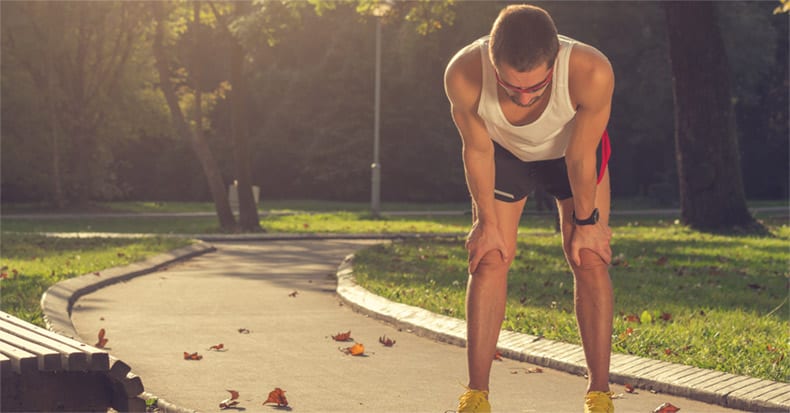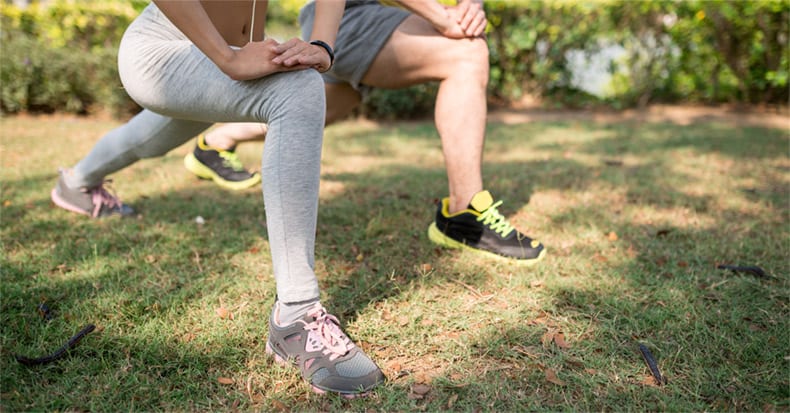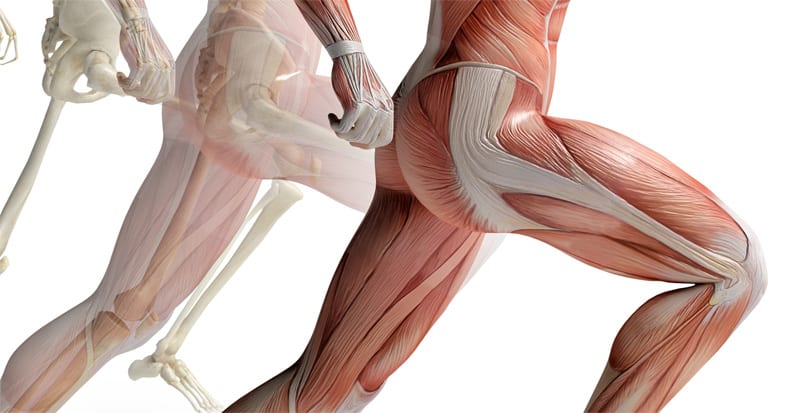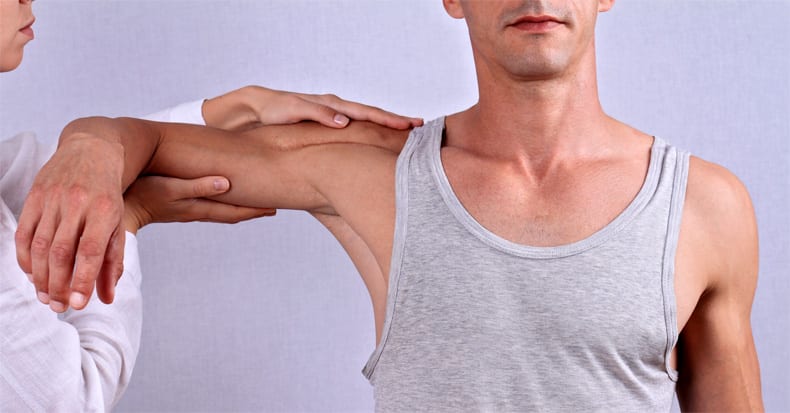
by Tejasvit Kour | Jan 4, 2018 | Joint Pain
The term “jumper’s knee” was first coined in 1973 to describe an injury to the tendon that attaches the lower (most common) to the prominence (tibial tuberosity) on the proximal shin bone (tibia) or the upper pole of the knee cap or “patella” to the quadriceps femoris...

by Tejasvit Kour | Nov 4, 2017 | Joint Pain
There are two types of muscles that help facilitate motion in our hips and lower extremities: tonic and phasic. Tonic (postural) muscles are always working or contracting to keep us upright. Therefore, these muscles tend to be tight and short. When we sleep, they...

by Tejasvit Kour | Oct 4, 2017 | Joint Pain
The shoulder is a unique joint because it has a great range of motion. Unfortunately, that benefit is negatively balanced with poor stability. This is likely why between 20-25% of the population is afflicted with shoulder pain at some point in life. One of the...

by Tejasvit Kour | Sep 5, 2017 | Joint Pain
The four compartments of the knee (anterior/front, medial/inside, posterior/back, and lateral/outside) are like dominos. Meaning, when one is injured, the others “start to fall.” This is due to compensatory changes in function—when one compartment is problematic, this...

by Tejasvit Kour | Aug 3, 2017 | Joint Pain
WHAT IS IT? Iliotibial band syndrome (ITBS) is one of the most common causes of hip and/or knee pain among athletes. The pain is caused from swelling or inflammation of a muscle group (including the tensor fascia lata or TFL, gluteus medius, and minimus muscles), the...

by Tejasvit Kour | Jul 4, 2017 | Joint Pain
Shoulder pain can arise from a multitude of places—from joints, muscles, tendons, and bursa in and around the shoulder region as well as from more distant locations like the neck, upper back, or even referred pain from the gall bladder. The onset of shoulder pain is...







